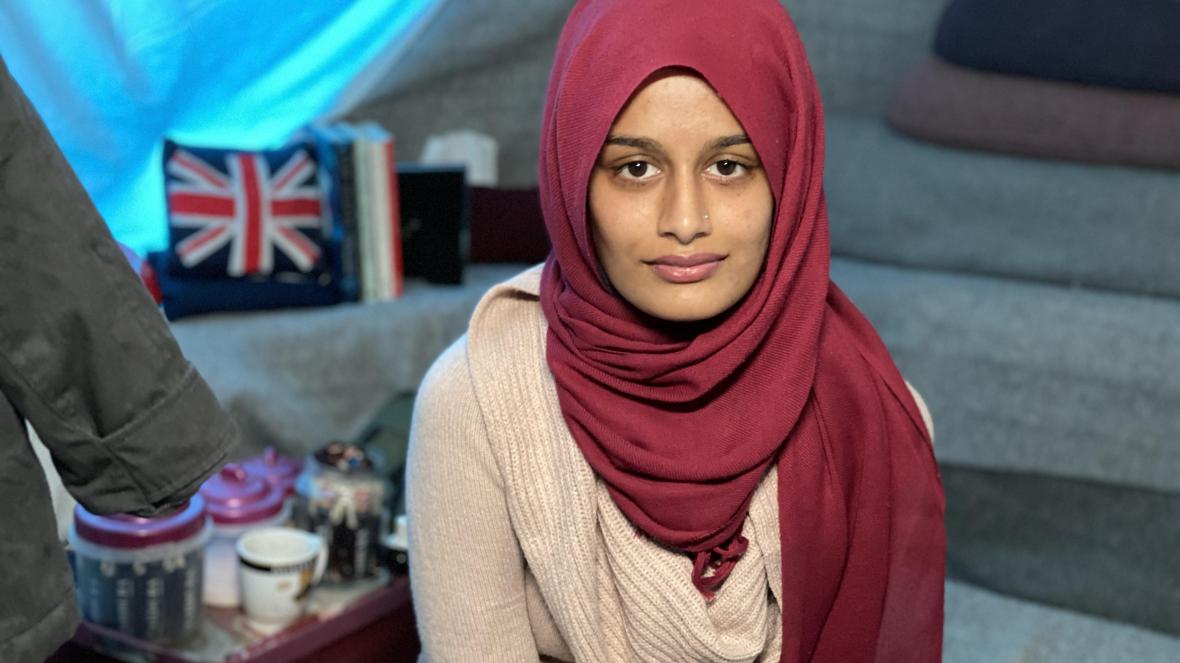In the latest chapter of Shamima Begum’s long running fight with the British government, the Supreme Court has refused Ms Begum entry to the UK to fight for her citizenship. It comes 6 years after she left her home in Bethnal Green, London to fly to Syria and join the Islamic State.
The Supreme Court in the UK has overruled the Court of Appeals that decided Shamima Begum should be allowed to enter the UK to fight for her British citizenship.
The five judges, who ruled unanimously on the verdict, argued that her rights will not be violated and criticised the Court of Appeals for failing to recognise that the right to a fair hearing did “not trump all other considerations, such as the safety of the public.
Furthermore, the Supreme Court claimed that they failed to properly assess the reports provided by the home secretary.
Who is Shamima Begum?
Shamima Begum ran away with two school friends at the age of fifteen to Syria. While born and raised in the UK, Begum was born to Bangladeshi parents. When she arrived in Syria, she married a Dutch ISIS fighter and had two children, both of whom have since died.
She was found in a refugee camp in Northern Syria run by Syrian Kurds in February 2019. She was nine-months pregnant with her third child. He died in the camp shortly after his birth from pneumonia.
Begum, who is now 21, asked the UK government to allow her to return home after almost 4 years under ISIS rule. In February 2019, the then-home secretary Sajid Javid stripped Begum of her British citizenship, citing national security.
By stripping Begum of her citizenship, she would be unable to enter the country.
The home secretary has the power to strip individuals of their citizenship for several reasons. In many cases, this is related to terrorism or criminal activity.
· “For the public good”
· The citizenship is obtained through fraudulent means
· UK interests are deemed to be threatened
However, international law states that countries have a duty to prevent individuals from becoming stateless. Therefore, they cannot strip someone’s citizenship if they cannot claim it anywhere else.
In Ms Begum’s case, a tribunal in February 2020 decided that her Bangladeshi heritage made her “a citizen of Bangladesh by descent”. As a result, the home secretary’s decision to remove Shamima Begum’s British citizenship on the basis on “for the public good” was deemed valid.
This was despite Bangladesh refusing to grant her citizenship or allow her into the country.
Yet, in what was unexpected turn, Shamima won her appeal in July 2020 to return to the UK to fight her citizenship case.
The Court of Appeal concluded that “the only way in which she can have a fair and effective appeal is to be permitted to come into the United Kingdom to pursue her appeal.”
On cross-appeal at the Supreme Court in November 2020, the Home Office claimed that Begum’s presence in the UK “would create significant national security risks” and “an increased risk of terrorism”.
According to her lawyer, Lord Pannick QC, Ms. Begum is not allowed to speak on the phone; those who were caught were at risk of being “placed in isolation, separated from their children and beaten.”
The conditions of the al-Roj detention camp, which is controlled by Syrian Kurds in Northern Syria, are described as “dire”. Pannick claimed that the detainees are “not permit[ted] visits from lawyers nor do they permit detainees to speak to lawyers”.
She would, therefore, be unable to effectively plead her case from Syria.
While, the Supreme Court have ruled that Begum will not return to the UK, they have recognised her case is paused until she is in a safer place to continue with her appeal outside of the UK.
However, as of today, Begum is trapped in a camp where she cannot communicate with her lawyers – either in person or via technology – and with no rights to travel to any country (UK, Bangladesh or otherwise).
Human rights charities have been critical of the UK’s handling of Shamima’s case since the beginning. Liberty lawyer Rosie Brighouse said: “The right to a fair trial is not something democratic Governments should take away on a whim, and nor is someone’s British citizenship. If a Government is allowed to wield extreme powers like banishment without the basic safeguards of a fair trial it sets an extremely dangerous precedent.”
Photo Credit: JAMES LONGMAN/ABC NEWS

